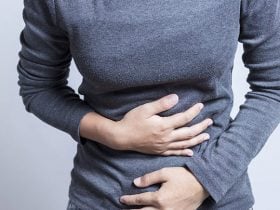Antibiotics

Effective treatment for this disease is antibiotics. However, you must keep in mind that even after completing the prescribed dose of antibiotics, there’s a risk of recurrence. In rare instances, where the medication isn’t yielding any positive results, the doctor can advise you to undergo a fecal transplant surgery for relief. Studies have shown that not all patients exhibit symptoms of the infection. It can be symptomatic or asymptomatic depending on the circumstances of coming in contact with the bacterium.
Some patients can start to see symptoms within a few days or weeks, while others are oblivious to the infection until it’s too late. Where a patient is asymptomatic, antibiotics will not be needed because it usually goes away on its own. Popular antibiotics to treat C. diff are vancomycin and fidaxomicin. If either of these drugs are available, Flagyl will be recommended as an alternative.
In most cases, patients suffering from Clostridium difficile infection would start to see significant improvement in symptoms within two weeks of starting the treatment. Antibiotics may be ineffective in eliminating the bacteria which causes a recurrence. In this case, the patient needs additional therapy. The infection can reoccur within seven to twenty-one days after completing antibiotic treatment. In rare cases, it can take up to two or three months for the infection to reappear.













